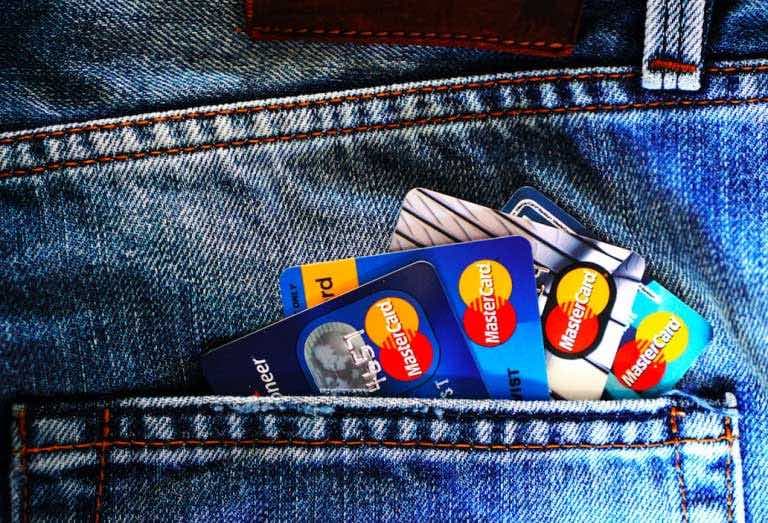Money tips for everyday life
Introduction to Credit Card Rewards & Perks
Credit cards are a regular part of financial life for more than 80% of American adults, and it’s easy to see why. Credit cards can help consumers pay for a variety of things, from everyday purchases to large, one-time splurges to unexpected expenses.

Credit cards serve a variety of non-purchase-related uses as well, including helping you build credit, transact securely, and have a backup plan in case of financial emergencies. All of these benefits can help you strengthen your financial future and maintain peace of mind. But there are other benefits that can be just as valuable: credit card rewards and perks.
These rewards are typically calculated as a percentage of what you’ve spent and/or of payments you’ve made. Three common categories of rewards credit cards are cash back, store credit, and travel. Let’s explore each of these in more detail.
Cash Rewards Credit Cards
Cash rewards credit cards, as their name suggests, give you “cash back” based on your usage of the card. The average cash rewards credit card offers between 1 and 1.5% back, but some offer more than that. For example, Upgrade Cash Rewards Card offers an easy and convenient way to begin earning cash rewards quickly. Upgrade Life Rewards Card earns you cash back for purchases in certain categories, like gas, groceries, and utilities. And unlike other cards that reward high spending and allow their customers to rack up unmanageable debt, Upgrade Card rewards you for payments you make. In other words, you’re rewarded for reducing your debt rather than adding to it. Upgrade Life Rewards Card earns you cash back for purchases in certain categories, like gas, groceries, and utilities.
Consider a cash rewards credit card if:
- You’re new to credit cards and want to familiarize yourself with them
- You’re a “transactor,” or someone who uses their credit card for everyday purchases and pays their balance in full each month
- You have interests, hobbies, or recurring expenses that store credit or travel rewards can’t cover
Store Credit Cards
Store credit cards work similarly to cash rewards cards, except your rewards are issued in the form of “store credit” you can redeem at a specific retailer (typically the retailer that issued the card and any affiliate stores.) It’s important to note that store credit cards typically have a higher interest rate than other credit card types, so if you tend to carry balances on your credit card month-to-month, you may end up paying more than you bargained for in interest.
Consider a store credit card if:
- You love a particular business and want to earn free products or services from it
- You can afford a higher interest rate and/or plan to pay your balance off in full each month
- You’re concerned about the risk of overspending and could use the limitations of a “closed-loop” card, or a card you can only use at the store that issued it
Travel Rewards Credit Cards
Travel rewards credit cards work the same way as cash back and store credit cards: you use the credit card and earn rewards based on what you’ve spent and/or made payments on. But rather than direct cash or store credit, rewards for these cards appear as “points” or “miles” that you can exchange for travel necessities like airline tickets, hotel stays, vacation packages, and more.
Travel rewards typically work like this:
- You earn “points” or “miles” according to how much you use your card.
- How much each point is worth depends on the card issuer, as different lenders and credit card companies offer different rates.
- Certain actions and habits can help you earn extra points. For example, you can earn rewards rapidly by utilizing welcome and/or sign-on bonuses. You can also be strategic about which card you use where, since some cards offer extra points or miles for spending in specific categories like restaurants, gas stations, and grocery stores.
- When it’s time to redeem your rewards, follow the directions from your credit card issuer to exchange them. In most cases, you’ll either apply them as a statement credit, make your purchases via a specific rewards program shopping portal, or cash them in at checkout like you would a gift card.
Consider a travel rewards card if:
- You’re currently planning an expensive trip
- You’re a frequent airline flier, hotel room resident, and/or restaurant patron
- You can afford any associated fees, as travel cards are more likely than most credit cards to carry them
Bottom Line
Since applying for credit can impact your credit score, choose your rewards card carefully. Not sure what the right card is for you? Take a look at our guide to choosing a credit card



